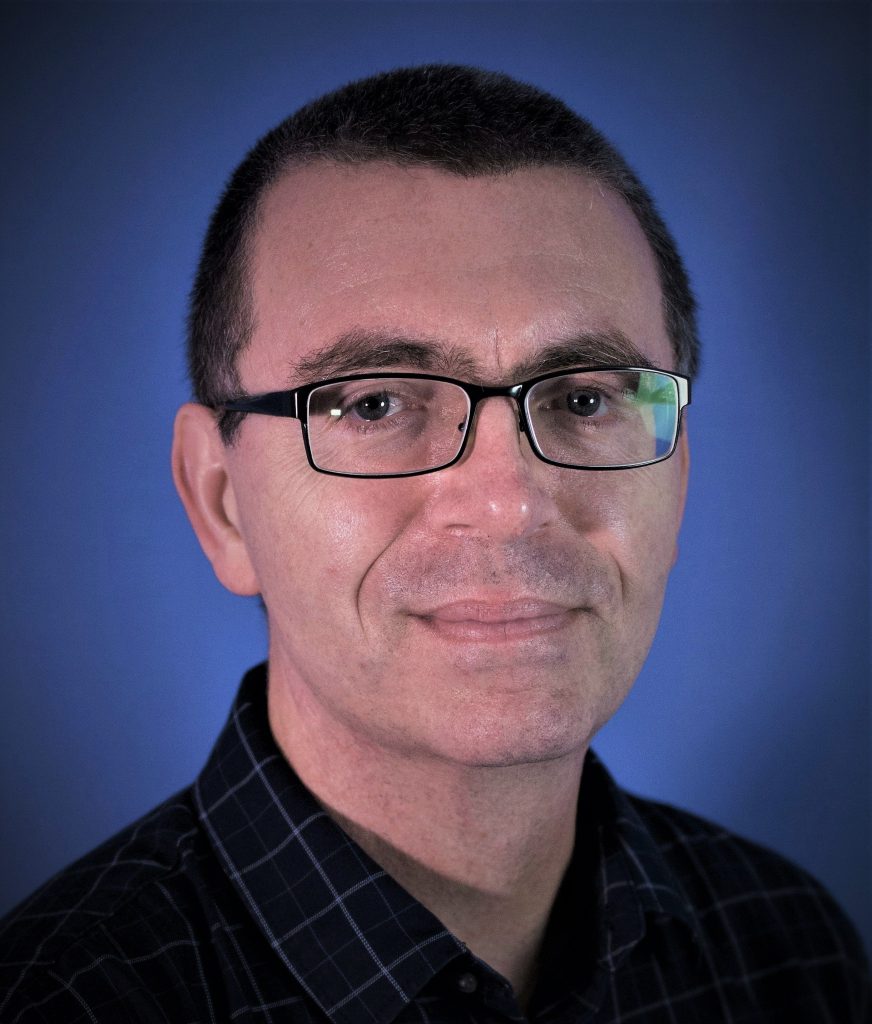Thomas M. Carsey Graduate Student Symposium 2022
Symposium Finalists
Our overall symposium winner will be selected by our panel of expert judges. But YOU can help us choose the winner of the popular vote category!
Three amazing projects have been submitted by our finalists, listed in the accordion below. Each has provided a short video presentation about their projects and joined us on our podcast, Data Night with the Odum Institute, to answer questions submitted by our judges.
Toggle each accordion below to learn more about their projects and be sure to vote for your favorite by noon, Friday, February 18, the last day of Love Data Week!
All the projects are worthy, but which will win? Vote today!
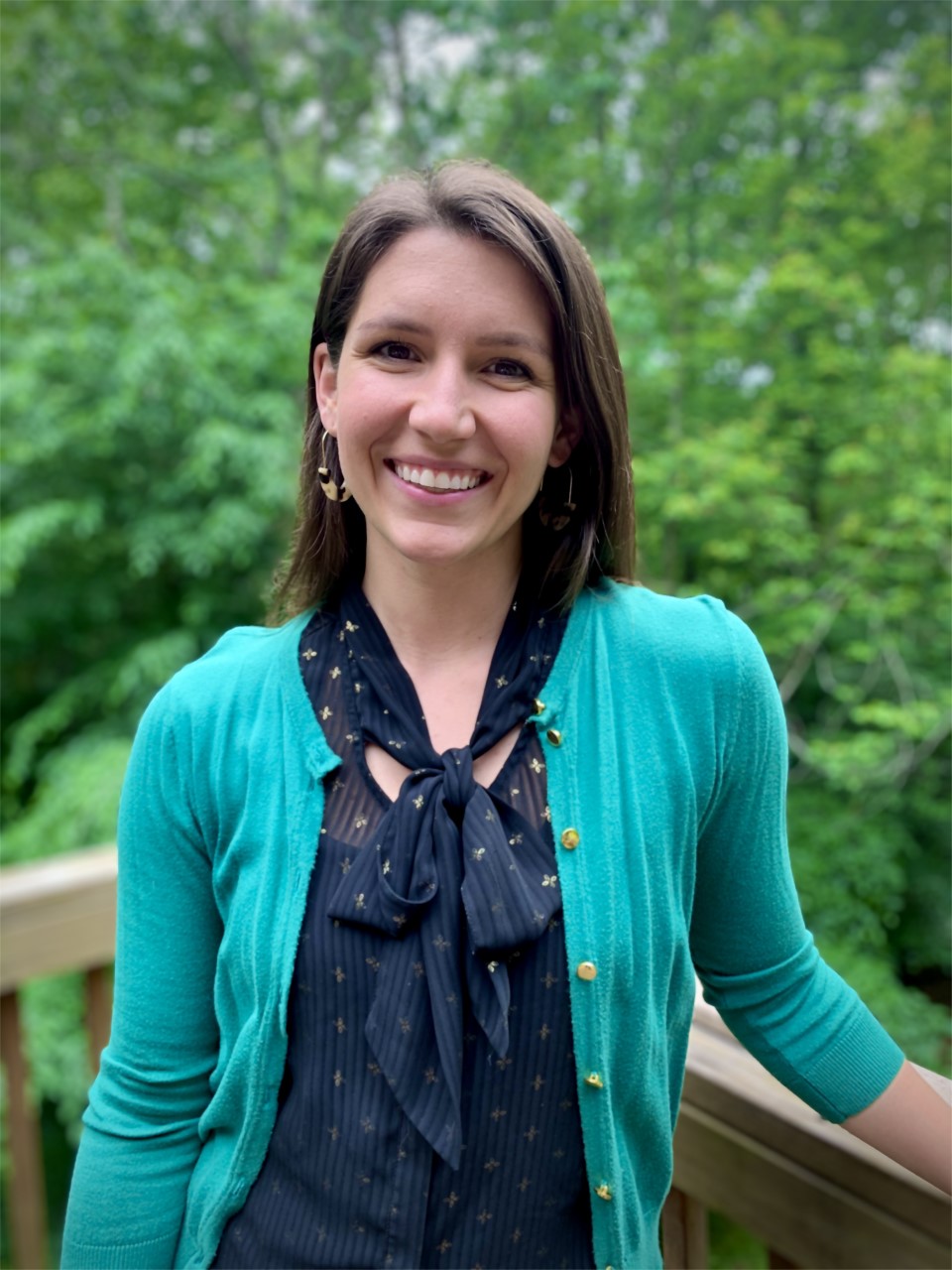
Emily Forrest Hutchens is a doctoral student at the UNC Gillings School of Global Public Health, in the Department of Health Behavior.” Her project submission is titled, “Tension, Trust, & Treatment: Experiences of Black EMS Clinicians in the Summer of 2020.” Use the links below to check out her video presentation and podcast episode.
Abstract: Despite being developed by a Black community over five decades ago, the United States’ Emergency Medical Services (EMS) system remains an overwhelmingly White workforce, particularly in higher certification levels and among EMS leadership. To date, no research has systematically explored the experience of Black EMS clinicians. This project, situated during the COVID-19 crisis and racial protests of Summer 2020, characterizes this phenomenon through a series of qualitative interviews with Black EMS clinicians. EMS clinicians working in rural and urban settings throughout the US were interviewed between July and September 2020. Situated in a constructivist epistemology and guided by the Critical Race Public Health Praxis, the interview guide was designed and analysis conducted using the Holloway & Jefferson method, which emphasizes the investigator’s process of dissecting and analyzing her bias toward the data. The overall study utilizes Hermeneutic phenomenology to characterize how participants’ lived experiences interweave to create patterns of shared phenomenon as interpreted through a third party. Thematic analysis was conducted using Dedoose Version 9.0.17. Participants described a variety of experiences related to their race which arose during analysis under three categories: racially-charged interactions with White patients, Black patients, and White colleagues. A pattern emerged within participants’ experiences of explicit and implied racism from White patients, wherein White colleagues witnessed these incidents and participants reflected on their reactions. This critical moment weighed on the trust participants placed in their partners, leadership, and EMS as a whole. The combination of these experiences amplified the strain of Black clinicians’ already stressful and traumatic EMS work. Black EMS clinicians throughout the US are experiencing racially-charged and racist interactions from both patients and colleagues, magnifying the trauma of EMS work. Research is critically lacking in how these experiences affect both clinician and patient health.
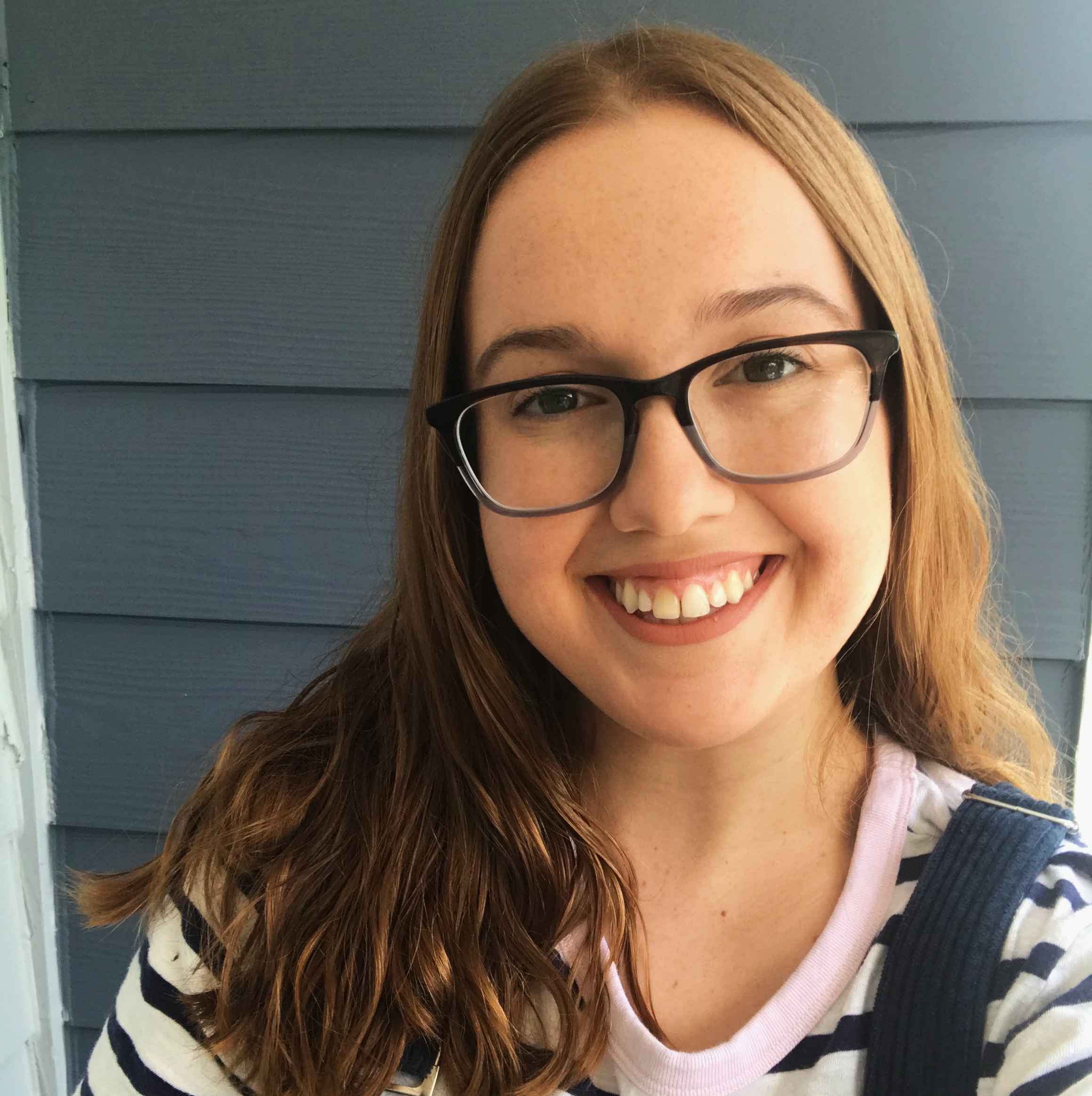
Orla Putnam is a doctoral student in the UNC School of Medicine’s Department of Speech and Hearing Sciences. Her project submission is titled, “Understanding the research priorities of autistic female and nonbinary people.” Use the links below to check out her video presentation and podcast episode.
Abstract: Currently there is a disconnect between the funding and research priorities of the autism community and the funding priorities and decisions made by government and other funding agencies. Little work has been done to evaluate the priorities of autistic adults, and the voices of female and nonbinary people have been particularly under-represented. Considering these experiences and priorities when developing new research is critical. The goal of this study is to understand the research priorities of a sample of autistic adults, with an overrepresentation of female and nonbinary participants. Participants included 52 autistic adults (29 female, 12 nonbinary, 11 male) ranging from 16 to 70 years old. Participants were asked to rank the seven research questions included in the Interagency Autism Coordinating Committee Strategic Plan (IACC). Additionally, participants were asked to respond to the free-response question, “What topics do you think should be investigated by researchers?”. High-ranked IACC priorities, such as services and supports, were reflected in the written priorities of participants. A content analysis of free-response answers revealed that participants were most interested in seeing research related to “Inclusivity”, “Autism Phenotype”, “Services/Supports”, “Co-Occurring Conditions”, “Recognition/Diagnosis”, “Training/Education”, and “Treatments/Interventions”. While written research priorities overlapped to some degree with the current strategic plan questions, participants placed more of an emphasis on autism acceptance, support and services, and lifespan issues. Our results align with those of previous studies surveying autistic adults and contribute to the scaffolding of future research questions that best reflect the values and priorities of the autistic community. Importantly, the oversampling of female and nonbinary adults in the current study provided insight into priorities that may not emerge from typical predominantly male sample, such as an earlier identification of females, eating disorders, and knowing how autism presents in female and nonbinary people.
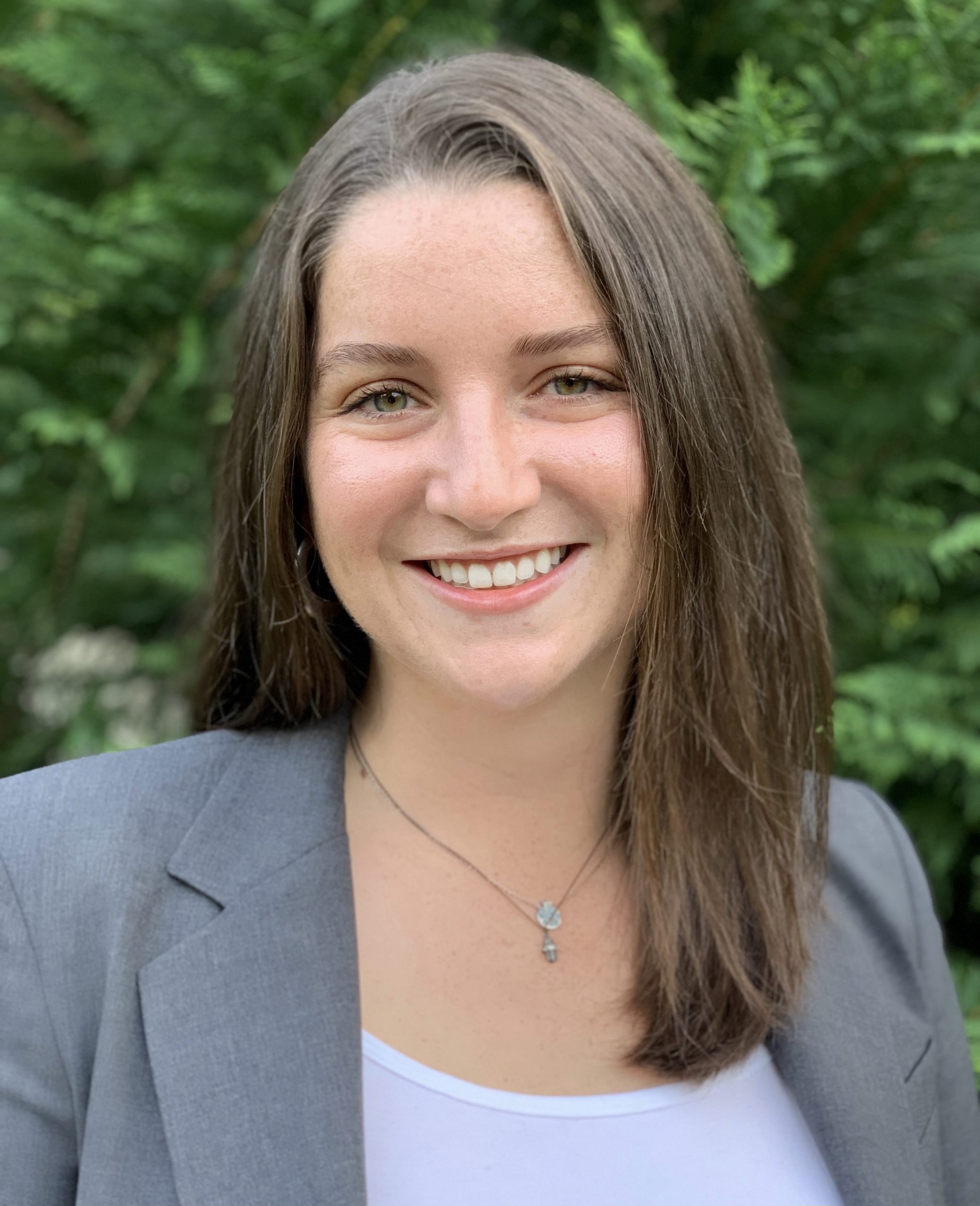
Lucy Ruderman is a Master’s student in the UNC Gillings School of Global Public Health. Her project submission is titled, “‘When I have these kits…I have confidence—HIV self-testing provides agency for women in their sexual decision-making.” Use the links below to check out her video presentation and podcast episode.
Abstract: Oral fluid-based HIV self-testing (HIVST) has emerged as a promising approach to increasing HIV testing coverage, particularly among high-risk populations. Understanding the experiences of women using self-tests and offering them to their sexual partners (secondary-distribution) is crucial for determining the potential of HIVST. Qualitative in-depth interviews were conducted among 32 women at high-risk of HIV infection, including women who engage in transactional sex, who participated in a cluster randomized trial of a secondary-distribution strategy in western Kenya. Interviews explored how women used self-tests within relationships and how this affected their sexual decision-making. Three key themes emerged: women used HIVST to assess risk prior to engaging in sex with partners; HIVST provided women with increased agency to engage in or end relationships, and; women appreciated these benefits and urged expanded access to self-test kits. HIVST has the potential to support HIV prevention objectives in settings with high prevalence of HIV.
Symposium Timeline
November 8: Symposium announcement & call for abstracts
December 1: Last day for abstract submissions
December 12: 3 Symposium finalists selected by review board
January 12: Finalist presentations w/ 2-minute video pitch (due by 5pm)
January 13: YouTube playlist feat. finalist presentations becomes available; judges begin initial review
February 1-3: Finalists participate in podcast interviews
February 14: Podcasts published; Popular voting begins
February 18: Judges make final deliberations; popular voting ends; symposium winner announced!
Panel of Judges
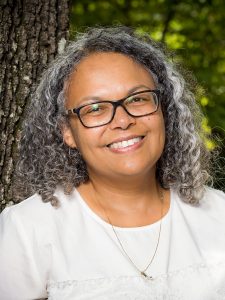 Dean Suzanne E. Barbour, Ph.D
Dean Suzanne E. Barbour, Ph.D
Dean of the Graduate School at UNC-Chapel Hill
Professor, Biochemistry & Biophysics
Suzanne Barbour’s staff page
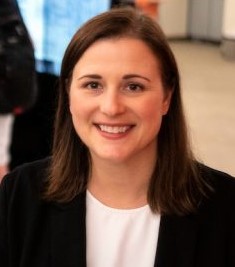 Amanda Henley, M.A.
Amanda Henley, M.A.
Head of Digital Research Services, Davis Library Research Hub
Amanda Henley’s staff page
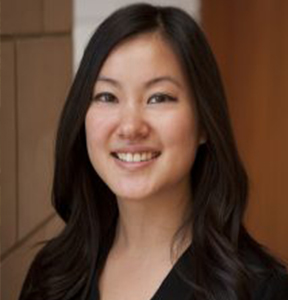 Professor Angel Hsu, Ph.D
Professor Angel Hsu, Ph.D
Assistant Professor of Public Policy and the Environment, Ecology and Energy Program
Founder, Director of the Data-Driven EnviroLab
Angel Hsu’s staff page
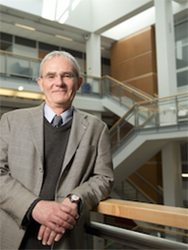 Vice Chancellor for Research Terry Magnuson, Ph.D
Vice Chancellor for Research Terry Magnuson, Ph.D
Vice Chancellor for Research at UNC-Chapel Hill
Kay M. & Van L. Weatherspoon Eminent Distinguished Professor, Genetics
Terry Magnuson’s staff page

Cheryl Thompson, Ph.D
Research Data Archivist, Odum Institute
Cheryl Thompson’s staff page

